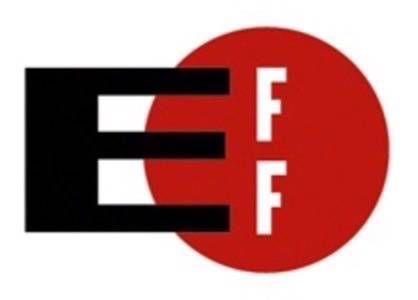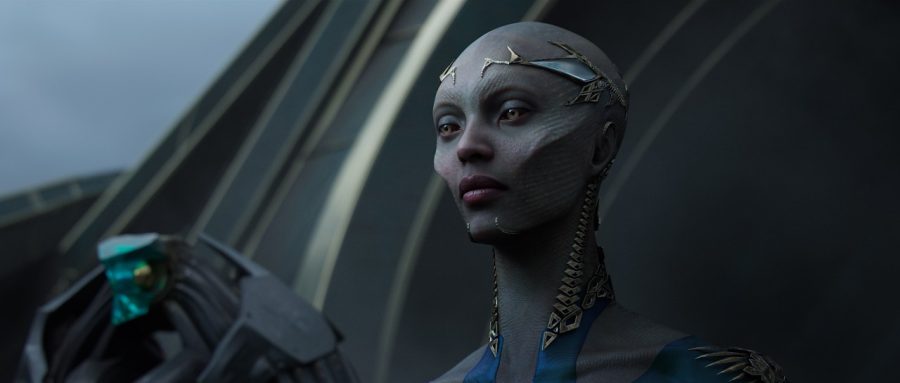YouTube and Warner Brothers have broken a little girl’s heart by deleting a video of her singing the copyrighted song “Winter Wonderland,” and the Electronic Frontier Foundation isn’t going to take it anymore.

The populist legal organization made a post to its blog today arguing that copyright holders became overzealous with their use of YouTube’s ContentID tool in January and flagged for deletion many videos that the EFF believes constitute Fair Use. The post puts out a call for people who’ve lost their content and want to take legal action.
Using YouTube’s new automated copright detection technology, Warner Brothers detected last month that 15 year old Juliet Weybret had posted a video of herself playing the piano and singing the 1934 song Winter Wonderland. This unrepentant little criminal might have thought that such a widely covered tune had entered the public domain, 75 years after it was recorded, but Juliet was clearly unfamiliar with legislation like the Sony Bono Copyright Extension Act, which extended copyright protection to 95 years or more after publication date.
The Electronic Frontier Foundation is not happy with the situation. About YouTube’s Copyright ID technology, the EFF wrote today:
These systems are still primitive and unable to distinguish a transformative remix from copyright infringement. So unless they leave lots of breathing room for remixed content, these filters end up sideswiping lots of fair uses.
And that’s exactly what has happened these past few weeks. And while today it’s Warner Music, as more copyright owners start using the Content ID tool, it’ll only get worse. Soon it may be off limits to remix anything with snippets of our shared mass media culture — music, TV, movies, jingles, commercials. That would be a sad irony — copyright being used to stifle an exciting new wellspring of creativity, rather than encourage it.It’s clear from the Warner Music experience that YouTube’s Content ID tool fails to separate the infringements from the arguable fair uses. And while YouTube offers users the option to dispute a removal (if it’s an automated Content ID removal) or send a formal DMCA counter-notice (if it’s an official DMCA takedown), many YouTube users, lacking legal help, are afraid to wave a red flag in front of Warner Music’s lawyers. That’s a toxic combination for amateur video creators on YouTube.
What does the EFF intend to do about it? The organization has put out a call to people who have had videos taken off of YouTube at the behest of Warner and whose videos were both noncommercial and substantially original. The EFF says it will help serve a counter notice and offer legal protection to as many people as it can. “We can’t promise to take every case,” they say, “but neither will we stand by and watch semi-automated takedowns trample fair use.”
Can the EFF change the game on YouTube? Given the organization’s healthy list of previous legal victories, we think it will be a good fight at the very least.





















